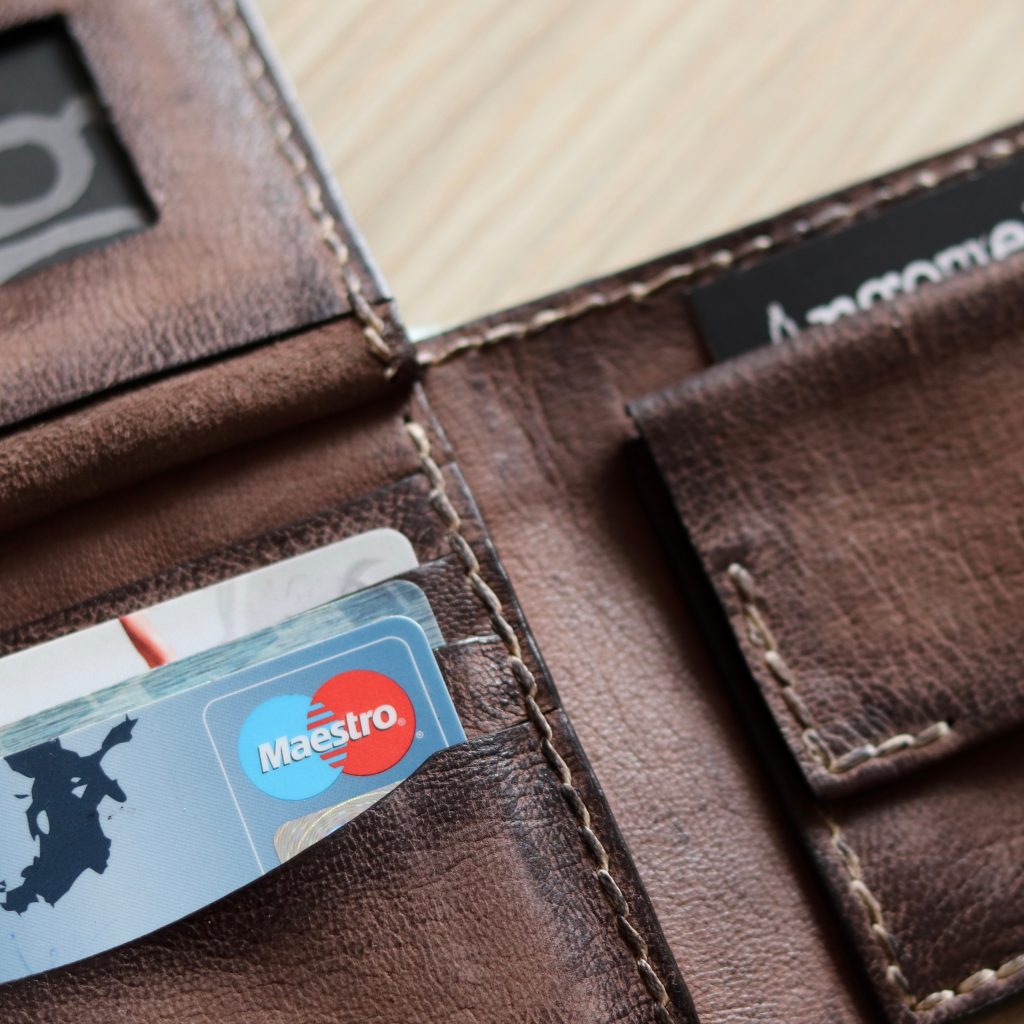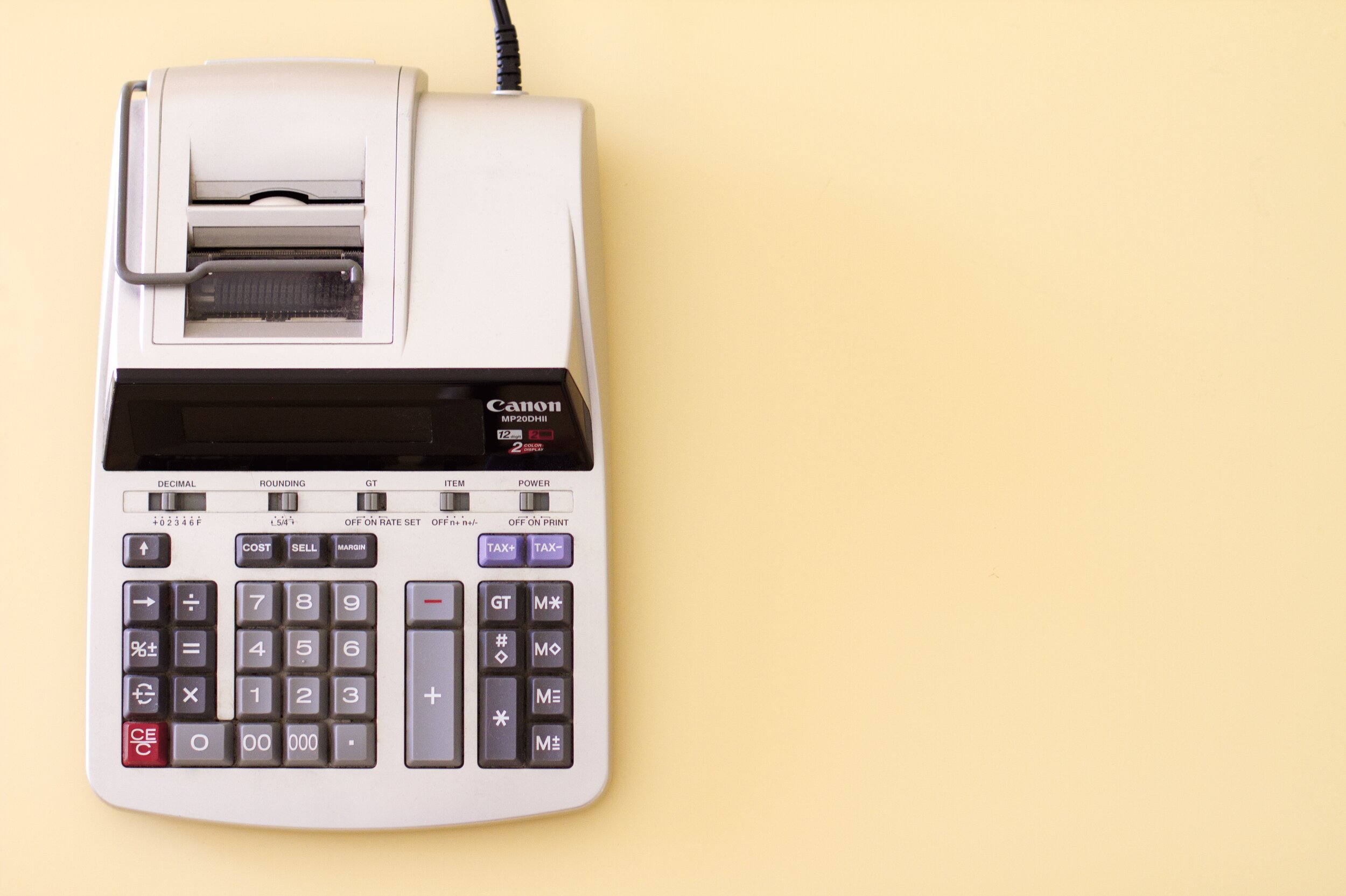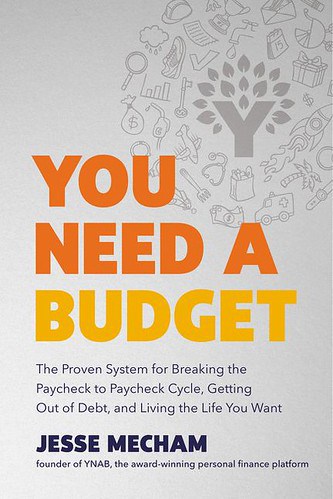Every Teenager Should Know About Money Lessons
Last week I was interviewed by BBC Morning Live about financial education and how to teach good money lessons. I recently gave a mini-masterclass remotely to students in Wales on the money lessons I wish I had learned in school. I wanted to share all my insights with you. Here are my top 10 money lessons for teens…

1.Clarify your priorities by deciding what is important to you. This will allow you to spend your money in a wise manner.
My passions are music, health, my family, improving at work, and helping others when I can. Write down your top five passions and compare them to what you spend time and money on. Realizing that you are not living according to your values can be a very sobering experience. How can you make this change? You could also keep a spending journal to track where your money is going. You should always consider whether you really need to spend your money on what you love. It’s nice to know that you can still spend time with friends without spending a lot of money. You can have fun and be together for free – friendship does not need to cost money.
2.Boundaries is the one word that can make a big difference in your finances.
Jane Austen said, “Once money is partaken with, it cannot be returned.” As you begin to work, you will feel that your money is precious and you want to spend it only on the things that bring you happiness and fulfillment. To achieve this, you can set clear financial boundaries. This could be by setting spending limits and limiting your online passive time. No matter how disciplined you think you are, letting your phone be a constant source of money-making temptations will have a strong subliminal effect on you. If your social media feeds feature beautiful people doing expensive things, you’re bound to be influenced in a negative way. This can affect your finances and self-esteem.
I’m very careful about the influences that I allow into my life. I live by the saying “out of site, out of mind”. A good example would be not having cookies around the house if you are trying to eat healthy. You should take breaks from your device and unfollow brands/influencers on social media that tempt you to spend more. Contactless payments and online forms that automatically fill in your card details make it difficult to stay within your budget. Set a daily limit for spending, do not save your card details online, and try withdrawing cash to use only for a few days. It may be a great help.

3.Be smart about debt.
There are two ways to learn more about debt: one is easy and the other is hard. Please, learn the easy method! I know so many 20-somethings who regret taking out a card because they thought it was free money. You will need to pay back your debt, and the costs could be huge if you do not plan well. Spend only what you can pay off in full and as quickly as possible. Buy now, pay later is no different – if there are any doubts as to whether it will work out, don’t do it.
4.Decide on your budgeting style. Keep to your budget.
Some people like to use old-fashioned spreadsheets while others prefer digital budgeting tools. Some people like to use the 50/30/20 Rule (50 percent on necessities, 30 percent on fun things, and 20 percent on savings or pensions). You may prefer to set limits for each category of expenditure. Try different approaches to see what works. If you have found the right strategy for you, then stick with it. (Unless it doesn’t work anymore, in which case you should try something new!) Consistency will help you to develop a budgeting habit.
5.Save as much as you can when you can
There will always be reasons to NOT save money. If you look for ways to save money, you’ll be able to thank yourself in the future. You are not making a sacrifice but creating more options in the future. Consider round-ups, Lifetime Isas, lottery savings or any other option that makes it more appealing to you.
6.Save extra money if possible by staying in your pension.
You can retire without worrying about money if you start saving early. You’ll benefit more from investing early because you will have more time to invest in the stock market, build your fund and take advantage of compound interest. Your employer will also give you free money and the government will provide tax relief. If you are asked to contribute to a pension at work, you should try and stick with it. You can also add extra money if you want (e.g. When you receive a raise in pay.

7.Do not be afraid to discuss money with family and friends
Money can be a taboo subject, but this only leads to misunderstandings, inaction, and conflict. Your friends and family need to know your financial goals, as well as limitations. You’ll find that the more you discuss money, the better you will be at dealing with any problems or dilemmas.
8.Be aware of scams.
Fraud is a serious problem for anyone. The crooks are more clever, cunning and determined than they deserve to be. Keep up with the latest scams and be skeptical whenever someone calls you out of nowhere or offers you an online money-making scheme that sounds too good to be true. It’s a scam if it sounds too good. Listen to your instincts and be ready to walk away.

9.You can’t get rich fast.
There’s no way to earn money quickly and easily that is risk-free. Look at the recent crypto rush – investors thought that the good times were going to continue. But that was just our fragile psychology fooling ourselves into thinking that we had found a financial cheat code. It does not exist! It’s possible to get rich through investing and saving in the “real economy” but it takes patience and the ability to filter out short-term noise.
10.Love cooking?
It’s obvious – stop using Deliveroo and get into the kitchen! It’s true that it may seem difficult to prepare healthy meals each day, but this is the best way to save money. I tend to use ingredients that can be used in many different meals. I have also been using my frozen food more over the last year. You’ll find that it’s easier than you think if you have fun and don’t worry about perfection.
- Don’t let your heart or mind control your money.
Jonathan Swift said, “Keep your money in your mind, not your chest.” Money does not make you a good person, nor is it the end all and be-all. Money is a tool we can use for security and peace-of-mind. Learn to use it well, and you will be grateful.










+ There are no comments
Add yours